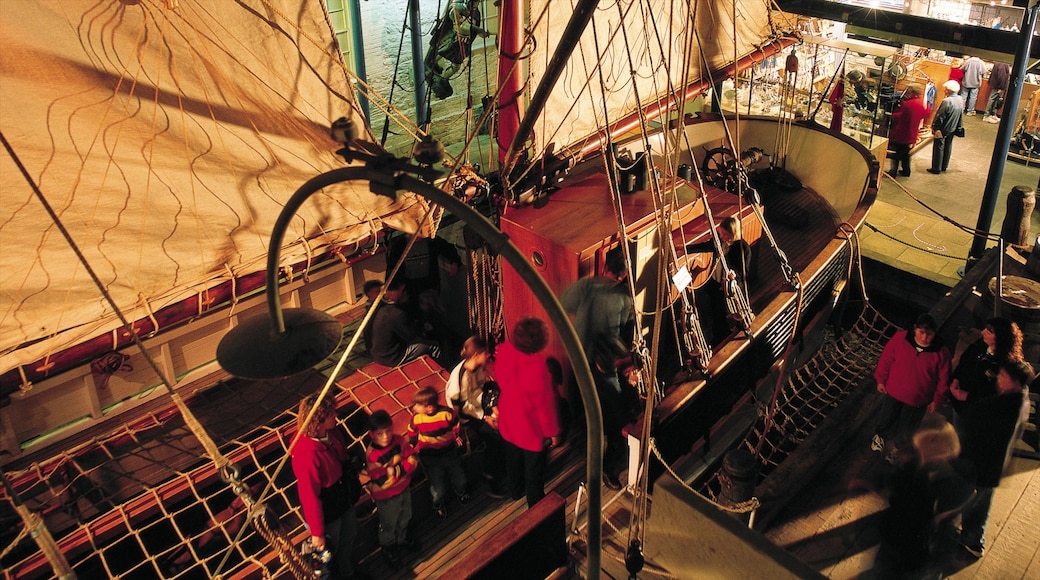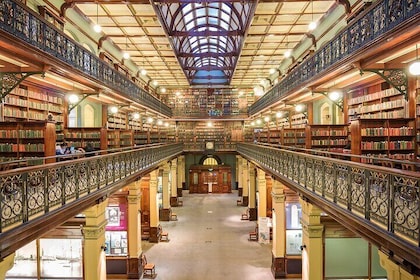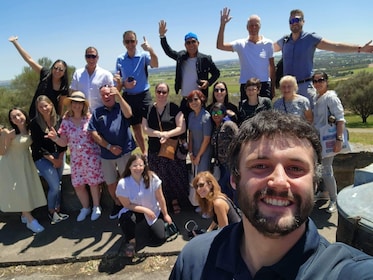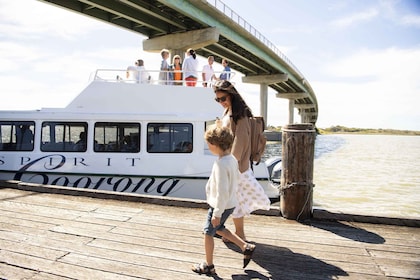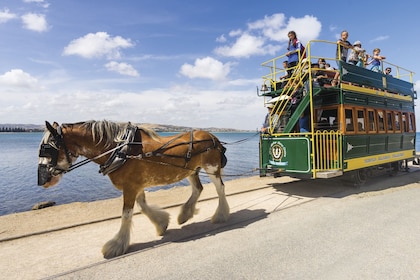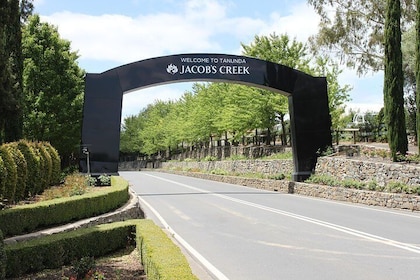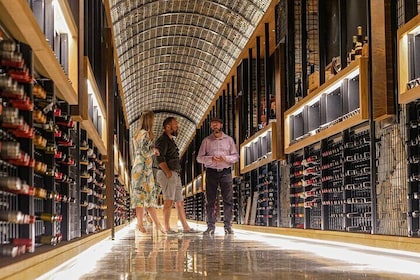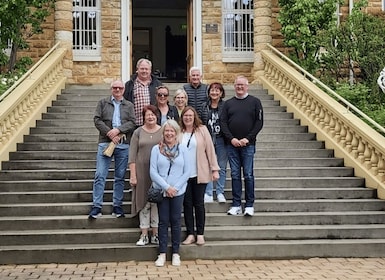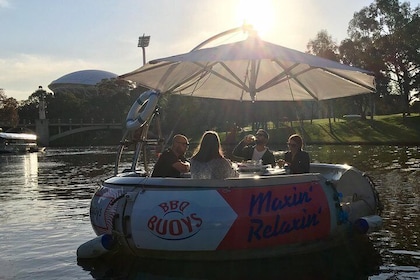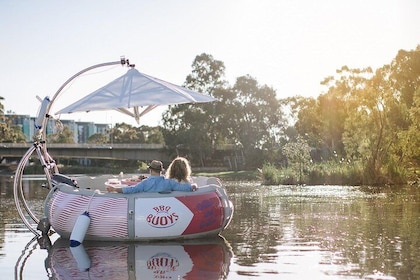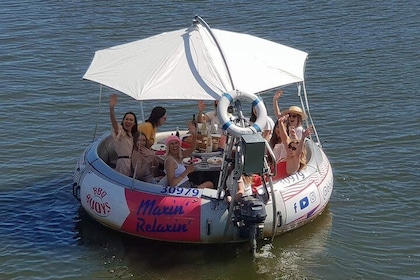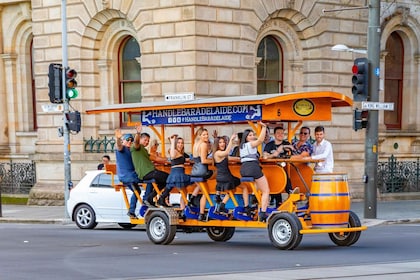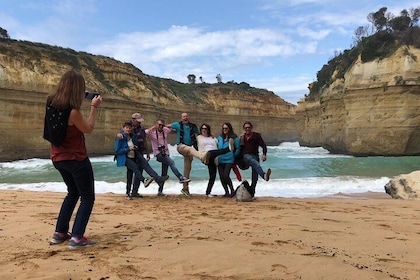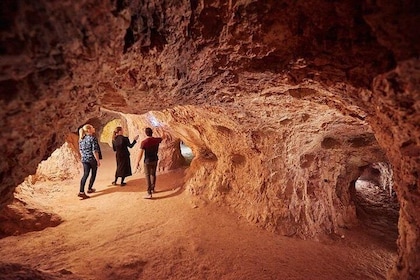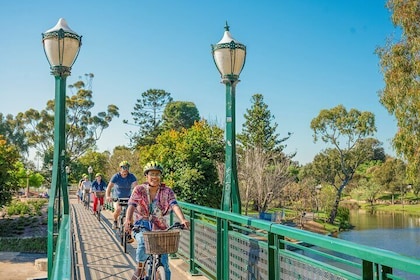Climb aboard a historic ship to see nautical artefacts, examine maritime memorabilia and discover Port Adelaide’s history as a seafaring community. Find out about British colonial expansion into the Southern Hemisphere and learn about life at sea.
The collection at the South Australian Maritime Museum began in 1872 and is the oldest nautical collection in the country. Almost 20,000 artefacts and 20,000 images tell of the maritime heritage of South Australia and of life on the southern oceans. Many of the significant artifacts are from the voyages of Matthew Flinders, who was the first person to sail around Australia and identify it as a continent, and Nicolas Baudin, the French commander who charted the South Australian coast in 1802.
Walk on the decks of 25 vessels in the Vessels Collection. Step onto surfboats and sharpies, take a seat in dinghies and canoes, and walk through larger vessels such as the iron-hulled Nelcebee, and the wooden Annie Watt.
Memorabilia from the 1800s include model ships, ship portraits and nautical instruments such as quadrants, octants chronometers, compasses and station pointers. See artefacts from the HMCS Protector learn about the coastal traders who came from Europe in 1836 and the ketches they sailed that were adapted for the southern coast.
Admire the 17 ornamental figureheads that decorate the bow of a vessel and discover the fate of ships that never made it back to shore.
In the Lighthouse Collection, climb to the top of the Port Adelaide Lighthouse, which shone its first light in 1869 and discover artefacts such as iron plate lanterns and navigational aids.
Find out about the country’s largest 19th-century shipping company, the Adelaide Steamship Company, and its trading of wool, wheat and minerals. See the company’s ship fittings, crockery and furnishings. View tickets, ship plans and documents, wage books, uniforms and furnishings.
The museum is open daily (except Christmas Day and Good Friday), with tiered prices. It is located in the centre of historic Port Adelaide and is accessible via train, bus or taxi, and free parking is available on the surrounding streets.
